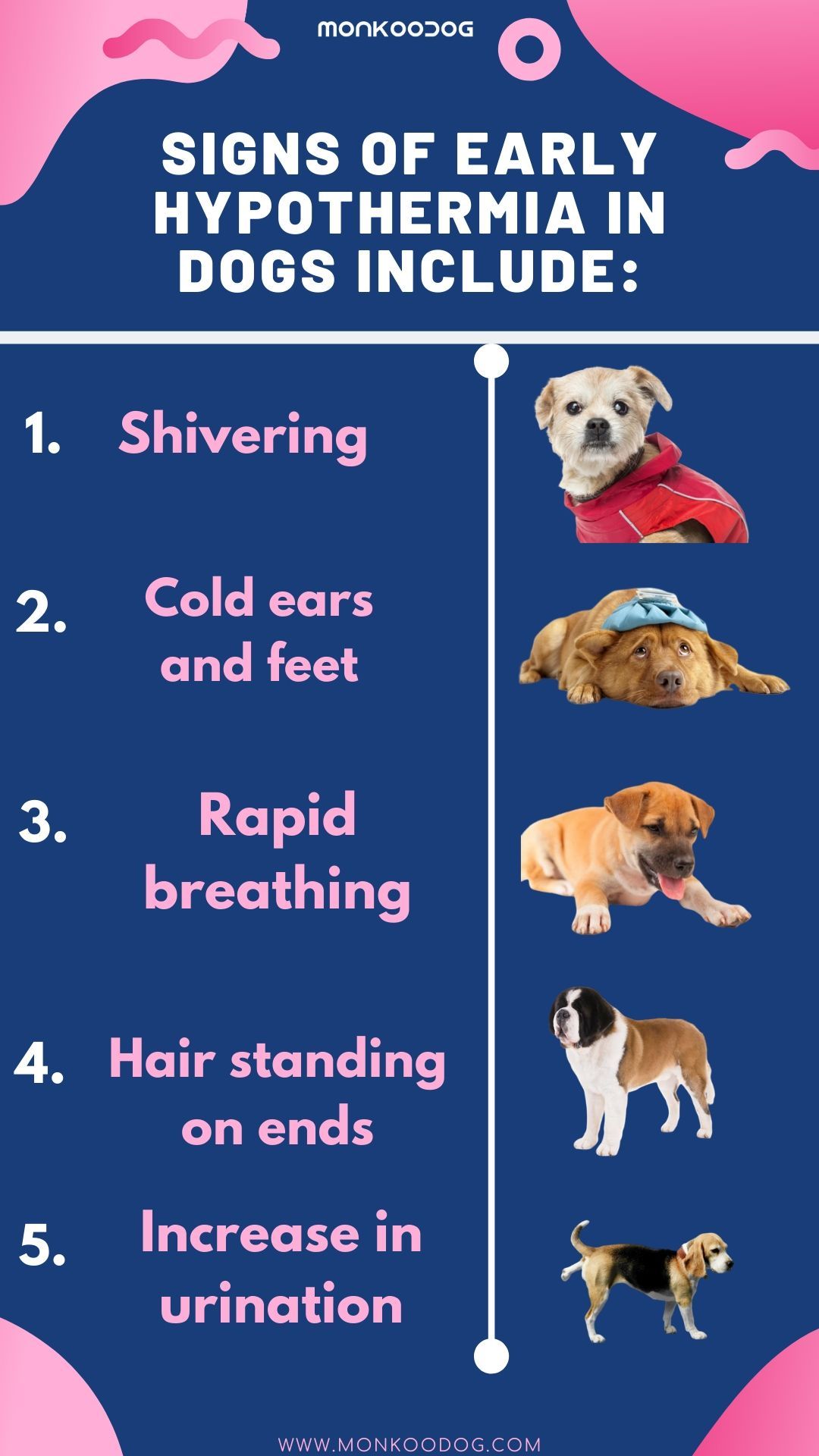Weight Gain And Hair Loss In Dogs

Symptoms may include lethargy hair loss weakness decreased appetite panting infection and less tolerance for exercise.
Weight gain and hair loss in dogs. Genetics plays a part in your dog s tendency to gain weight too. One of the most common symptoms is rapid weight gain or abdominal enlargement. Hypothyroidism is easily treated with hormone replacement therapy.
Hair loss alopecia is a common disorder in dogs which causes the animal to have partial or complete hair loss. This can be diagnosed with a blood test. Other causes of weight gain in dogs.
A pot belly hair loss and loss of interest in exercise are all signs of this. Dogs can be affected in a number of ways involving their endocrine system lymphatic system immune system and skin. Additional symptoms include increased eating drinking and urination as well as hair loss and thin skin.
Weight gain without a change in appetite. Changes in coat and skin like increased shedding hair thinning and hair loss. Why your dog is losing weight.
My 10 year old yorkie has recently not been his usual playful self. If your dog is losing weight unexpectedly it can be an indication of an underlying health or behavioral issue that requires veterinary attention. Signs of hypothyroidism include hair loss usually on your dog s trunk back of the rear legs and tail.
The dosage will vary depending on your dog. This is followed by weight gain despite decreased appetite muscle loss sluggishness a slowed heart rate toenail and ear infections and intolerance to cold. A dog that has been overweight will see the owner induce mechanisms of weight loss.


















